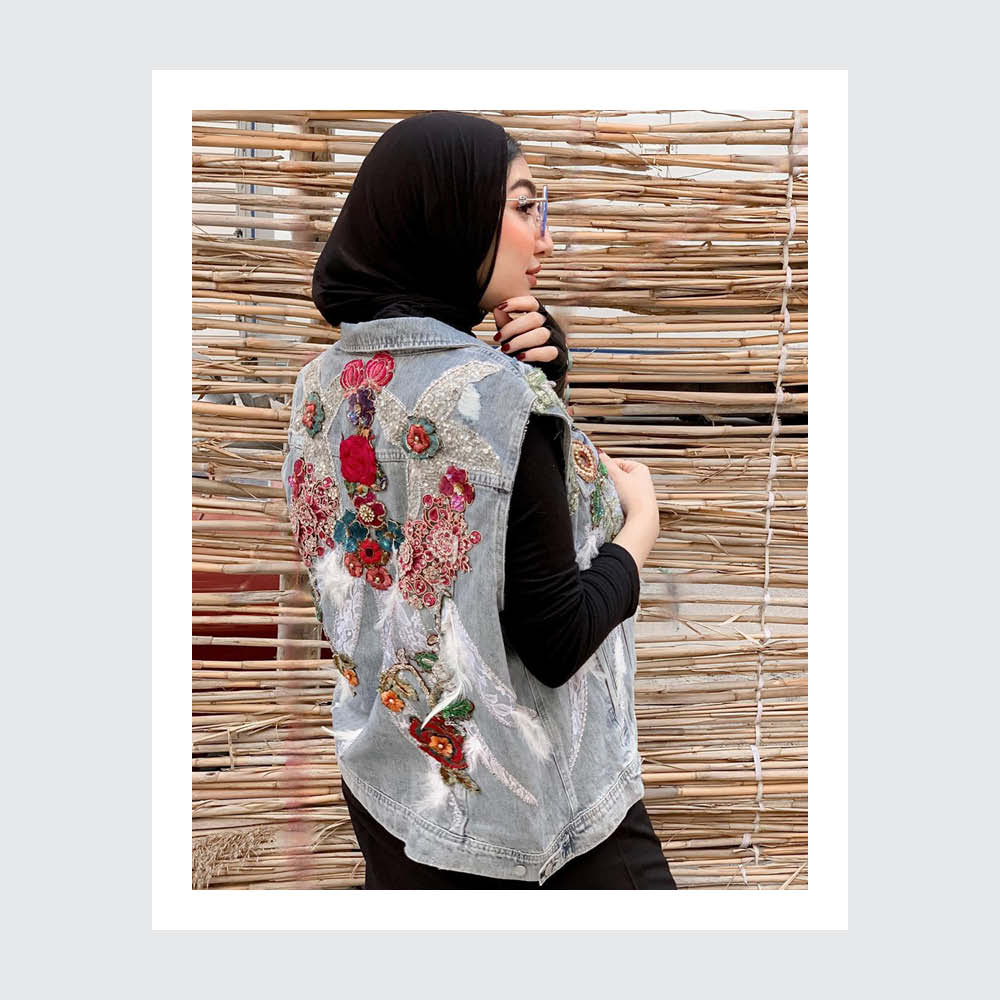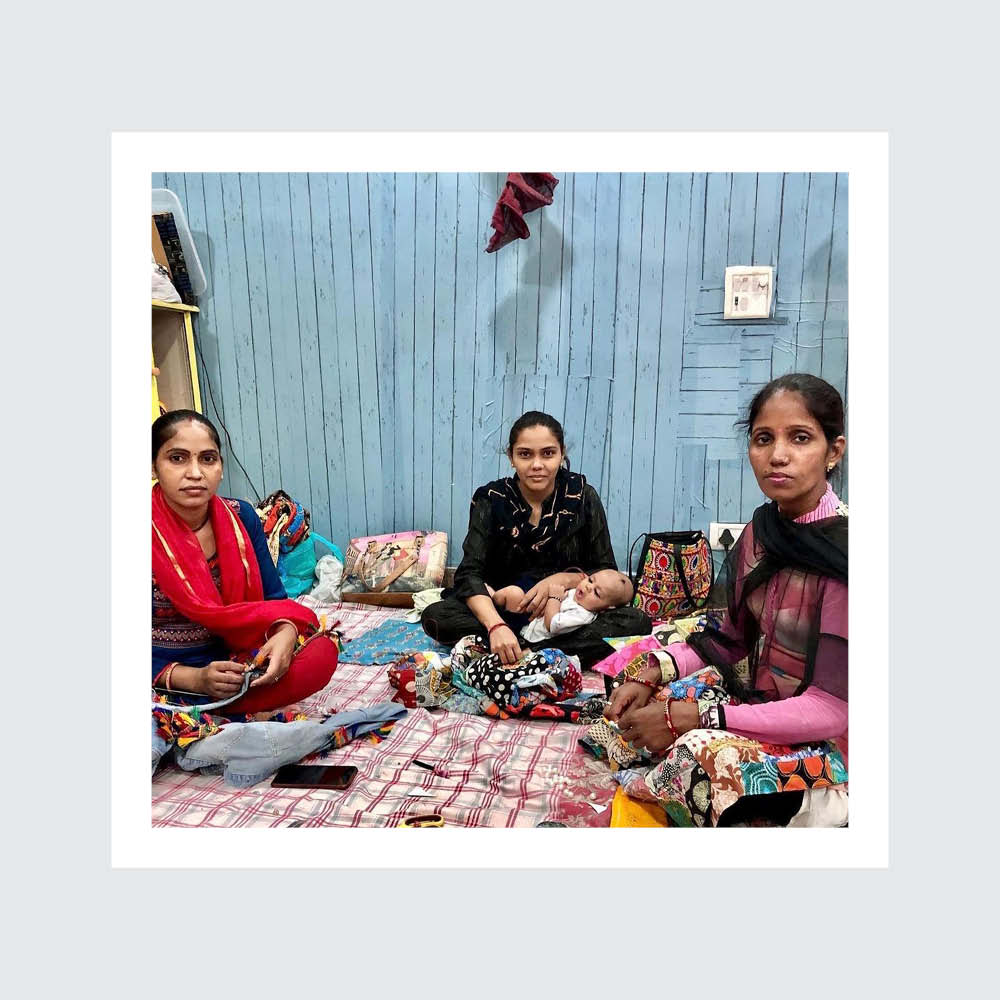The Indian marketplace is slowly becoming a growing space for individual artisans and artisan communities. The women artisan community is one that tends to benefit most from such enterprises and employment opportunities as it provides them with an accessible source of income.
One such brand attempting to empower the woman artisan is Banjara Trail. Focused on the crafts that hail from indigenous Indian communities, entrepreneur Anmol Singh’s Banjara Trail is a productive platform to showcase textile crafts as well as empower the women behind them.
“We are extremely proud that the crafts we specialize in are reminiscent of traditional Indian banjara embroidery. Our brand's unique feature is the blending of Rabari embroidery in our apparel. The embroidery style used in our clothing is peculiar and evolving. Our products are distinctively embellished with a variety of patterns, mirrorwork, and shellwork,” says Singh A brand that started with patchwork jackets made from recycled fabrics, today, Banjara Trail showcases a wide range of clothing featuring the Banjara art form. “We make sure that no fabric is wasted, and every patch is recycled into something really stunning,” adds Singh.

Image Source: Banjara Trail
The women behind the products- mainly banjara refugee women who reside in rural Gujarat and Rajasthan communities- remain central to the brand. “Indian culture has long been centered on the craftsmanship of these women. These tribal women make unique fabric embroidery. They take months to finish one pattern because the work they do is so delicate. The handmade patches are then delivered to Delhi where our workshop is located. These distinctive banjara textiles are stitched onto clothing by our talented karigars. The women artisans in our workshop finish the clothing by embellishing it with shells, mirrors, and tribal jewellery,” says Singh about the process and the involvement of the women that are part of the system at Banjara Trail.

Anmol Singh | Image Source: Banjara Trail
While providing a source of employment adds to the financial welfare and livelihood of women artisans and workers at large, Singh points out how that may not be enough and how going the extra mile can be instrumental for their upliftment. “The communities and artists that initiated this breath-taking artwork should be highlighted, according to us. They should be given the proper recognition and be recognized for bringing us closer to history. Beyond just paying a monthly salary, businesses should support their artists emotionally. Many single ladies work for our company as employees. Since there is no one to watch their kids, we make sure they feel comfortable bringing them to the workshop. When mothers see their children secure and nearby, they are unburdened by stress and work with all their might. As a company, this is one tiny step we are taking to help our artisans,” she says.

Image Source: Banjara Trail
Singh points out that the Banjara embroidery, much like many other traditional crafts in the country is passed down through generations. Often starting out for women to upcycle or create different household items. “There is an element of emotional attachment to their work. We work with various ancient vintage fabrics. Their works of art convey diverse emotions, joys, and untold tales of life. Every product you buy from The Banjara Trail has a rich history and sentiments connected with it. These are the artists' feelings since they are so immersed in the craft they create,” she says.

Image Source: Banjara Trail